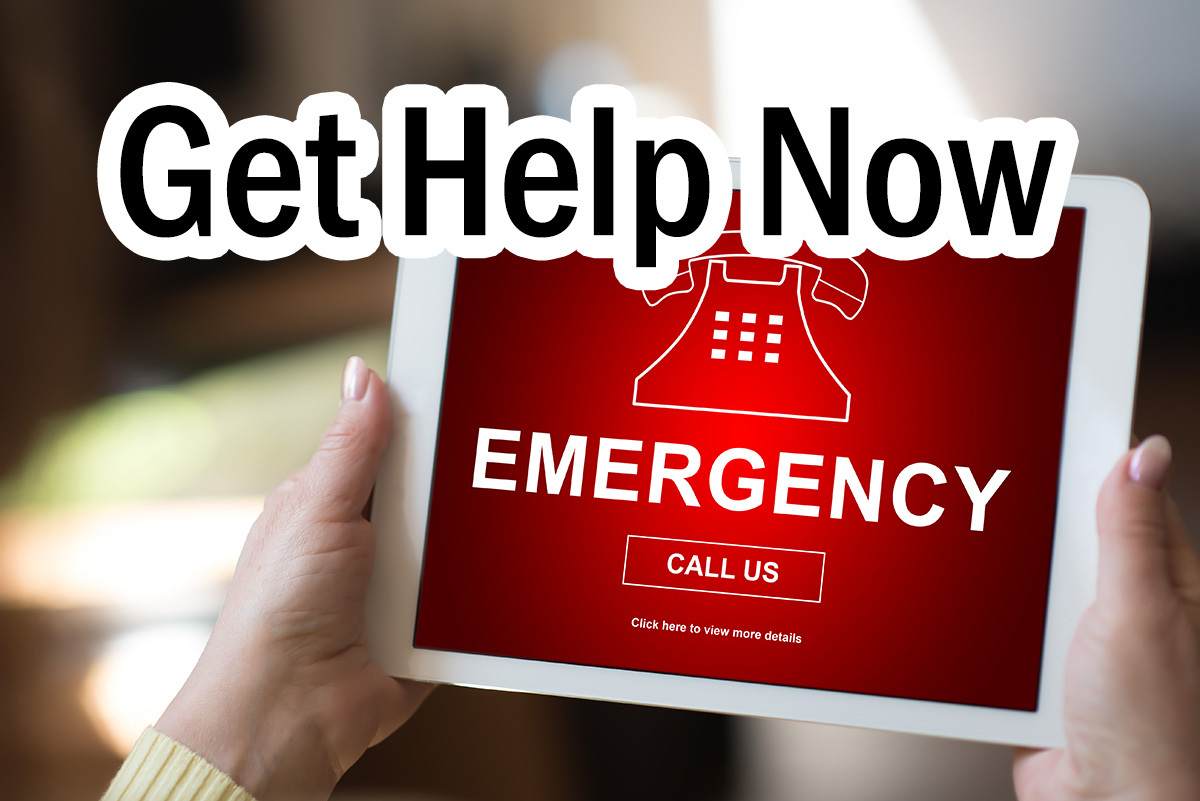The experience of living through another flood on the anniversary of last year's disaster can be deeply retraumatizing. It is natural for feelings of anxiety, fear, and helplessness to resurface. The sights, sounds, and even the anticipation of the flooding can trigger memories and emotions tied to past trauma, making it imperative for us to come together as a community to support one another.
Mental Health Resources and Supports
DMH wants to ensure that Vermonters know help is available. If you or someone you know is struggling, please reach out for support. The following resources are available to provide assistance during this challenging time:
- Starting Over Strong Vermont: helps individuals and communities recover from disasters through community outreach and access to mental health services. Call Vermont 2-1-1 to be connected to outreach workers and resources in your area.
- 988 Suicide & Crisis Lifeline: Call or text 988 for immediate support from trained crisis counselors who can offer emotional support and connect you with local resources.
- The Vermont Language Justice Project (VLJP): VLJP has compiled a 'Coping with Stress After a Disaster' playlist, offering videos in 19 languages discussing common emotional responses and strategies for navigating mental health challenges post-disaster.
- Mobile Crisis Services: Vermont mobile crisis teams are available to provide in-person support and crisis intervention. They can be reached through your local community mental health centers or by dialing 988.
- The SAMHSA Disaster Distress Helpline (DDH): Call or text 1–800–985–5990 for free, confidential crisis counseling available 24/7, on all days of the year
Additional Tips for Coping
Acknowledge Your Feelings: It's okay to feel upset, anxious, or overwhelmed. Recognizing and accepting your emotions is the first step toward healing.
Stay Informed, But Limit Exposure: While it's important to stay informed, constant exposure to news coverage can increase stress. Take breaks from media to protect your mental health.
Pay attention to your physical needs: Try to maintain a routine if possible. Prioritize self-care by resting, moving your body, and staying hydrated. Engage in calming practices like deep breathing, and creative activities throughout all stages of disaster response, not just during the initial crisis.
In times of disaster, the strength and resilience of our community become evident. We encourage everyone to check in with neighbors, friends, and family members. Simple acts of kindness and connection can make a significant difference.
The Department of Mental Health is committed to supporting the mental health and well-being of all Vermonters. If you need assistance or know someone who does, please do not hesitate to use the available resources. Together, we can navigate these challenging times.
For more information, please visit our website at Visit MentalHealth.vermont.gov/flood



